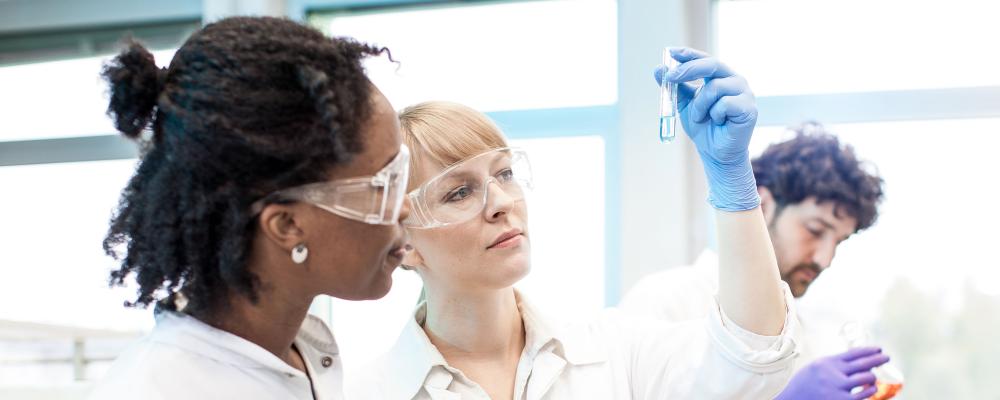Tuesday, 14 September, 2021 to Thursday, 16 September, 2021
La Haie Gautrais, 35172 Bruz
Public : oui
Parc des expositions de Rennes
This year, once again, we will be at the International Livestock Trade Fair (SPACE) held at Rennes on 14 to 16 September.
